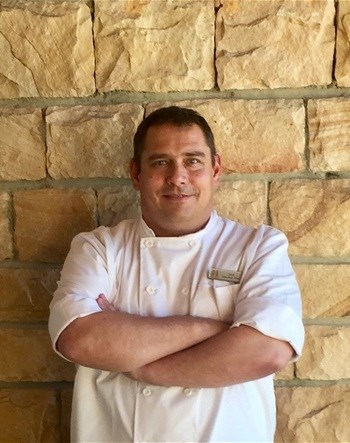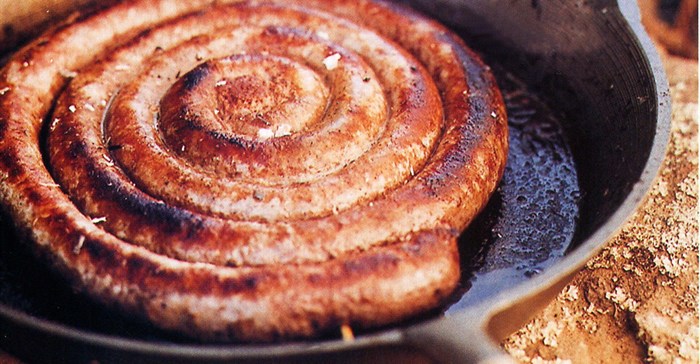
Subscribe & Follow
#AfricaMonth
In the news
Making unpopular cuts popular: Educating diners on sustainable eating

As Van Reenen says: “Anyone can be trained to do fancy icing on a cake or follow a recipe for roasting a cut of beef, so I don’t think it’s these things that make a chef special. What’s far more significant is how we as chefs can educate the public and change attitudes. We need to make people think more about what they choose to eat and how our food products are sourced. We’ve already lost our fish stocks from over-fishing, and eating this wonderful product is fast becoming a luxury. If we have the same impact on meat, what will be left for future generations?”
Curbing waste by making unpopular cuts popular
To implement his philosophy in practical ways, Van Reenen wants to expose diners at the Arabella Hotel to different types of meat, while also encouraging them to eat more vegetables. He explains: “Some cuts have become unpopular and others are sought-after, so we have a tremendous imbalance in how we use different parts of an animal. Steaks have become extremely expensive because their status has been elevated above other cuts, while many other tasty parts of the animal are looked down on – but it’s not for any valid reason. This means we tend not to utilise the animal as fully as we should, so there is a great deal of waste.”
Van Reenen is putting new items on the hotel’s restaurant menu that some people may find unusual: pig’s cheeks, offal, beef tongue. He is restricting other items – fish, for instance, is no longer a menu standard because of the shortages. He is also offering cooking classes – a further element of his goal to educate the public. “These less popular cuts of meat can be prepared as really tasty dishes, yet we have become so picky and choosy, we see them as ‘lesser-than'. At current prices, they are the most affordable cuts, so why not use them regularly?” he asks.
Van Reenen points out that while many of us turn up our noses at the prospect of eating certain cuts of meat, we are probably unaware that we consume them regularly. “It’s common to use the cheaper bits of meat to make boerewors, so you’re probably eating bits of beef heart and lung each time you make a braai,” he explains.

Many experiences have shaped Van Reenen’s thinking, such as the years he spent in the Middle East and Central Europe. Working in hotels in former Soviet states like Azerbaijan taught him a great deal about how to maximise food products. The shortages and logistical challenges of getting a variety of foodstuffs to places during the Soviet period taught people to work creatively with what was available at the time. He aims to bring that mindset to local consumers.
“We all need to be conscious of the importance of living on our planet in a sustainable way,” Van Reenen says, “and it’s my goal to help lead people in that direction.”









